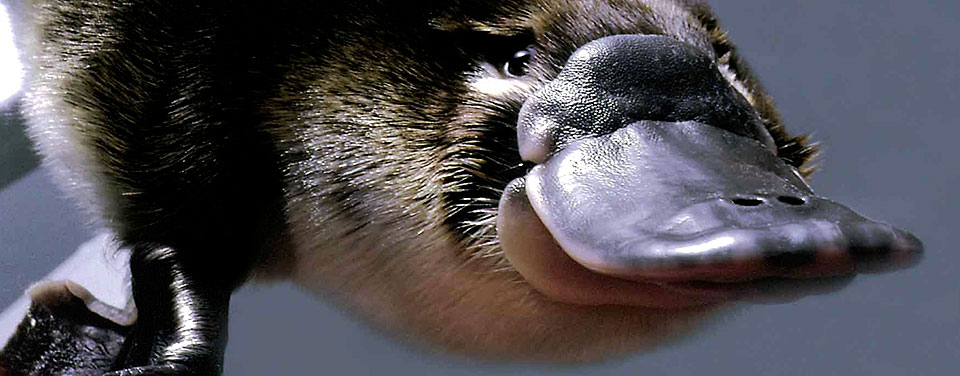

 مرحبا بكَ زائرنا العزيز
مرحبا بكَ زائرنا العزيز

سادسا : الاثر على الفجوة بين سعر الصرف الرسمي والموازي للدينار مقابل الدولار.

التوظيف الحكومي في الدول الريعية يبدأ كوسيلة للاستقرار لكنه يتحول مع الزمن إلى…

تضمن استجابة مناعية أسرع وأقوى عند التعرض المتكرر لنفس المستضد ويتم ذلك بتعاون…
 منذ 4 شهور نشر في ٢٠٢٥/١٠/١٦ م
منذ 4 شهور نشر في ٢٠٢٥/١٠/١٦ م

 منذ 4 شهور نشر في ٢٠٢٥/١٠/١٦ م
منذ 4 شهور نشر في ٢٠٢٥/١٠/١٦ م

 منذ 4 شهور نشر في ٢٠٢٥/١٠/١٥ م
منذ 4 شهور نشر في ٢٠٢٥/١٠/١٥ م

 منذ 4 شهور نشر في ٢٠٢٥/١٠/١٤ م
منذ 4 شهور نشر في ٢٠٢٥/١٠/١٤ م

 منذ 4 شهور نشر في ٢٠٢٥/١٠/١٤ م
منذ 4 شهور نشر في ٢٠٢٥/١٠/١٤ م

 منذ 4 شهور نشر في ٢٠٢٥/١٠/١٣ م
منذ 4 شهور نشر في ٢٠٢٥/١٠/١٣ م

 منذ 4 شهور نشر في ٢٠٢٥/١٠/١٣ م
منذ 4 شهور نشر في ٢٠٢٥/١٠/١٣ م

 منذ 4 شهور نشر في ٢٠٢٥/١٠/١٢ م
منذ 4 شهور نشر في ٢٠٢٥/١٠/١٢ م

 منذ 4 شهور نشر في ٢٠٢٥/١٠/١١ م
منذ 4 شهور نشر في ٢٠٢٥/١٠/١١ م

 منذ 4 شهور نشر في ٢٠٢٥/١٠/١١ م
منذ 4 شهور نشر في ٢٠٢٥/١٠/١١ م

 منذ 4 شهور نشر في ٢٠٢٥/١٠/٠٩ م
منذ 4 شهور نشر في ٢٠٢٥/١٠/٠٩ م

 منذ 4 شهور نشر في ٢٠٢٥/١٠/٠٩ م
منذ 4 شهور نشر في ٢٠٢٥/١٠/٠٩ م
